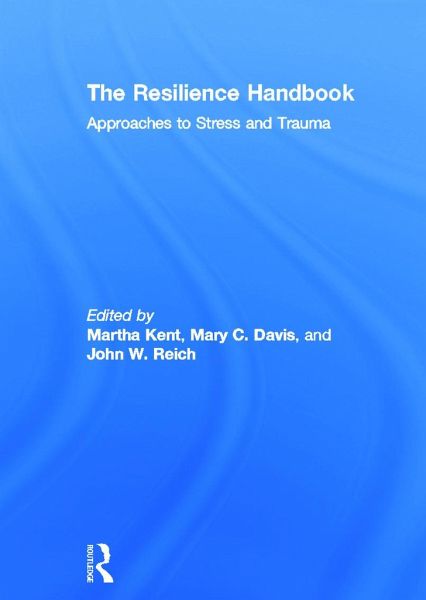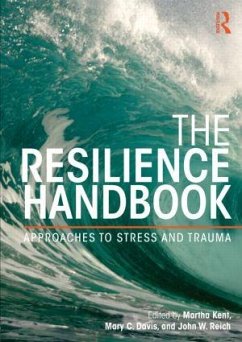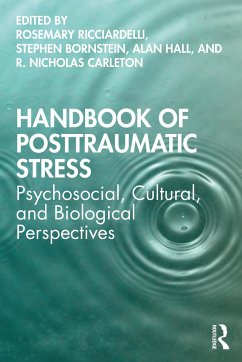
The Resilience Handbook
Approaches to Stress and Trauma
Herausgeber: Kent, Martha; Reich, John W.; Davis, Mary C.
Versandkostenfrei!
Versandfertig in 1-2 Wochen
237,99 €
inkl. MwSt.
Weitere Ausgaben:

PAYBACK Punkte
119 °P sammeln!
In The Resilience Handbook, experts in the science of resilience draw on human and animal research to describe the process of resilience and follow its course as it unfolds both within individuals and in social networks.














